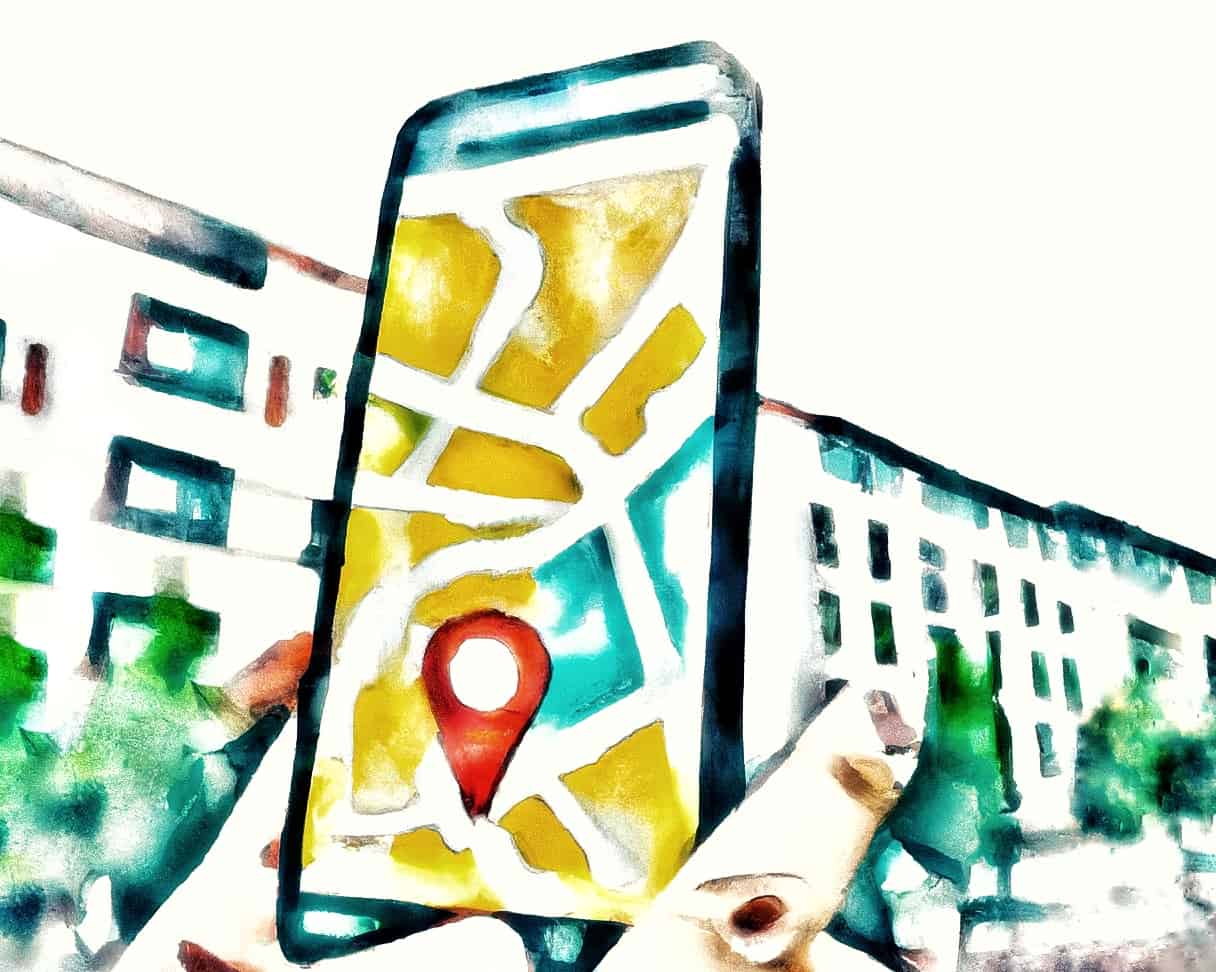We live in an age where everyone is glued to their phones. It’s difficult to imagine leaving home without them, but we don’t often consider how much information our phones might share without our knowledge or consent. Sharing your location is not inherently bad or dangerous. The data gathered and the organizations that receive it are where you might have cause for concern. Location jittering enhances privacy and keeps those you serve safe.
What Does Jittering Mean?
Jittering a location, referred to as “perturbing,” is the re-coding of the precise internet location of a user to an approximate location nearby. The new coding randomly moves the location from the actual place to protect user privacy. Jittering is relatively straightforward to code and key to protecting the location privacy of those interacting with your website.
While protecting their exact location is important to many people, it’s vital for vulnerable populations, like survivors of violence. These people may rely on location jittering to keep them safe from others who may wish to do them harm.
About Location Sharing
You spend most of your time with a tracking device in your hand or pocket. Mobile devices and other tech often ask you to use your exact location. Precise locations are helpful in some situations, like when you’re trying to find an address or your Uber driver needs to pick you up.
But there are many times when your exact location isn’t necessary, and sharing it may put you at risk. Even if you turn off your location services, your device’s operating system still shares that info with any apps or websites you frequent.
Though companies promise to erase your location data after functional use, they have yet to provide the public with any proof that they’ve ceased location tracking activity. Companies can keep your data on record without any repercussions.
A logged file likely already exists on your phone. This data is for targeted advertising, but law enforcement can use location data to track you without a warrant. In recent years, law enforcement agencies and even the FBI have used devices to determine locations of individuals during high-profile events.
Mobile phones can tell people on iMessage or Snapchat where you are for safety, but they can also expose our location to a much broader base than we’re aware of.
People have become dependent on devices and their ability to access information quickly. Sure, you can map directions to any destination or stay informed about your family’s location. Those uses are helpful, but this information is stored on your devices until you track it down and erase it.
You may have your overall data securely encrypted on your phone or computer, but your exact location is likely not. It’s possible your data is not just being used to track you and the friends and family that your device interacts with.
Location data is at the foundation of modern lives. You never know who is using this data and for what purpose. There is not yet a legal standard for privacy regarding internet data. Websites and applications that use jittering can make exact location data more challenging to track and prevent unwelcome tracking.
The Importance of Privacy for Nonprofits
When it comes to your nonprofit and the people you serve, you want to ensure that your website isn’t putting them at risk. After all, many nonprofit organizations serve vulnerable populations, whether because of their involvement with an issue, lifestyle choices, or things far outside their control. The last thing you want is the website you run to help a community to cause them harm inadvertently.
Online privacy is essential for nonprofit communities because of:
- Physical Safety. Knowing the exact location of vulnerable populations, such as domestic violence survivors or children, can put their physical safety at risk.
- Legal Ramifications. Tracking the information of those doing things like participating in protests, seeking abortions, or receiving medical care as a transgender person can put those individuals at legal risk. These types of risks are one of the reasons Planned Parenthood eliminated marketing trackers on its sites in 2022.
- Data Concerns. The more data you collect, the more at risk your population is if your site is hacked.
- Trust. It’s difficult to serve a community without trust. The people in that community have to trust that your nonprofit is acting in their best interest and won’t do anything to jeopardize them. Collecting location information may give them the opposite impression, even if it’s unintentional.
How CauseLabs Helps Protect Others
CauseLabs wants to ensure that our clients think about any data they gather on their website’s visitors, what they will use that data for, and whether collecting it may cause harm. We discuss it with all clients when working on their website strategy.
For example, we’re launching My Child Care Plan later this month. The site is for California Child Care Resource & Referral Network in partnership with the California Department of Social Services and a great team at AJWI, a 20-year-old software company out of San Francisco that also serves nonprofits nationwide. It will assist parents in finding care for their children nearby their home or workplace. For this project, childcare provided in an individual’s home is jittered. Parents need to know the general area to understand if it is close to their home, workplace, or commute, but they need to contact the provider to get the exact address. This privacy measure is for the safety of the providers as well as the children being cared for in these homes.
CauseLabs is also working on Eye Alerta, a website that allows people to report hazardous environmental incidents in their community. In this case, the exact location is not required by the EPA or the policymakers to understand the potential negative impacts on these communities. Generalized data about the region is collected through crowdsourcing without finger-pointing or risking an individual user’s personal location data.
Both sites use location jittering to keep users and facilitators safe from unconscious data sharing.
Let CauseLabs Help Your Nonprofit
Are you protecting the information of those you serve? Do you know what data you’re collecting on website visitors? CauseLabs is here to help you serve your community through technology. Contact us today to get help understanding what data you’re collecting or setting up location jittering on your site.

